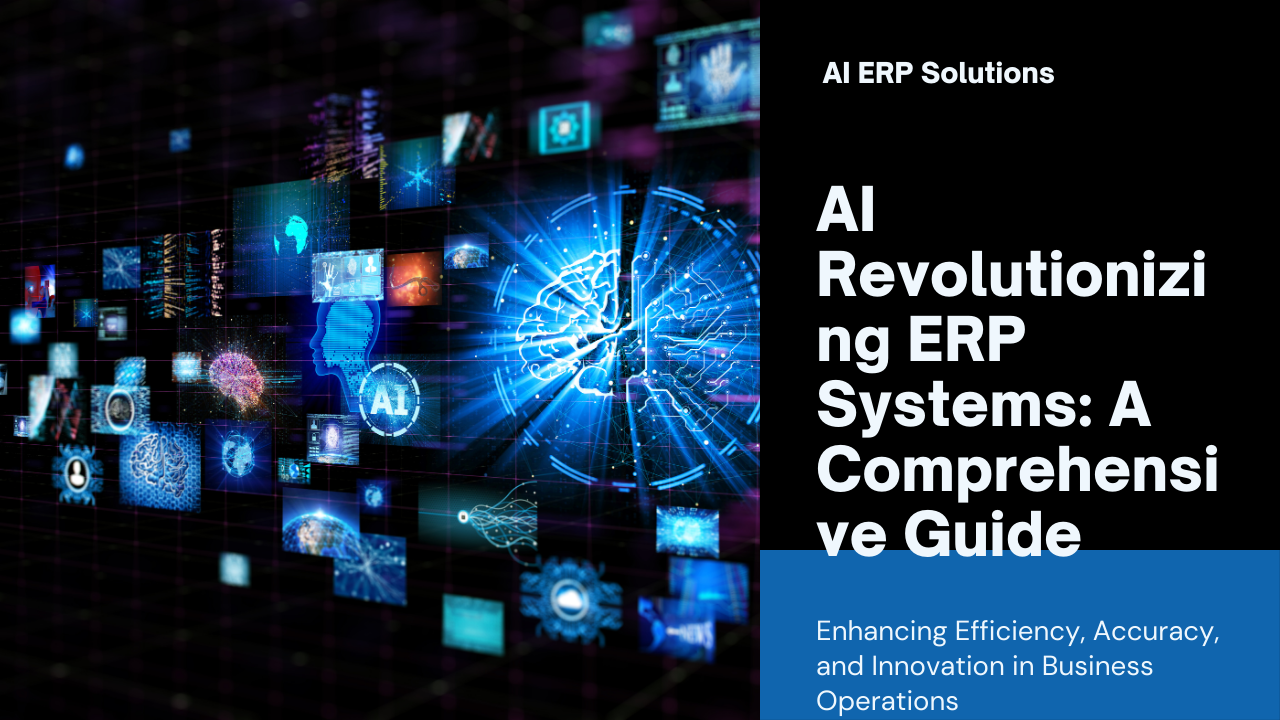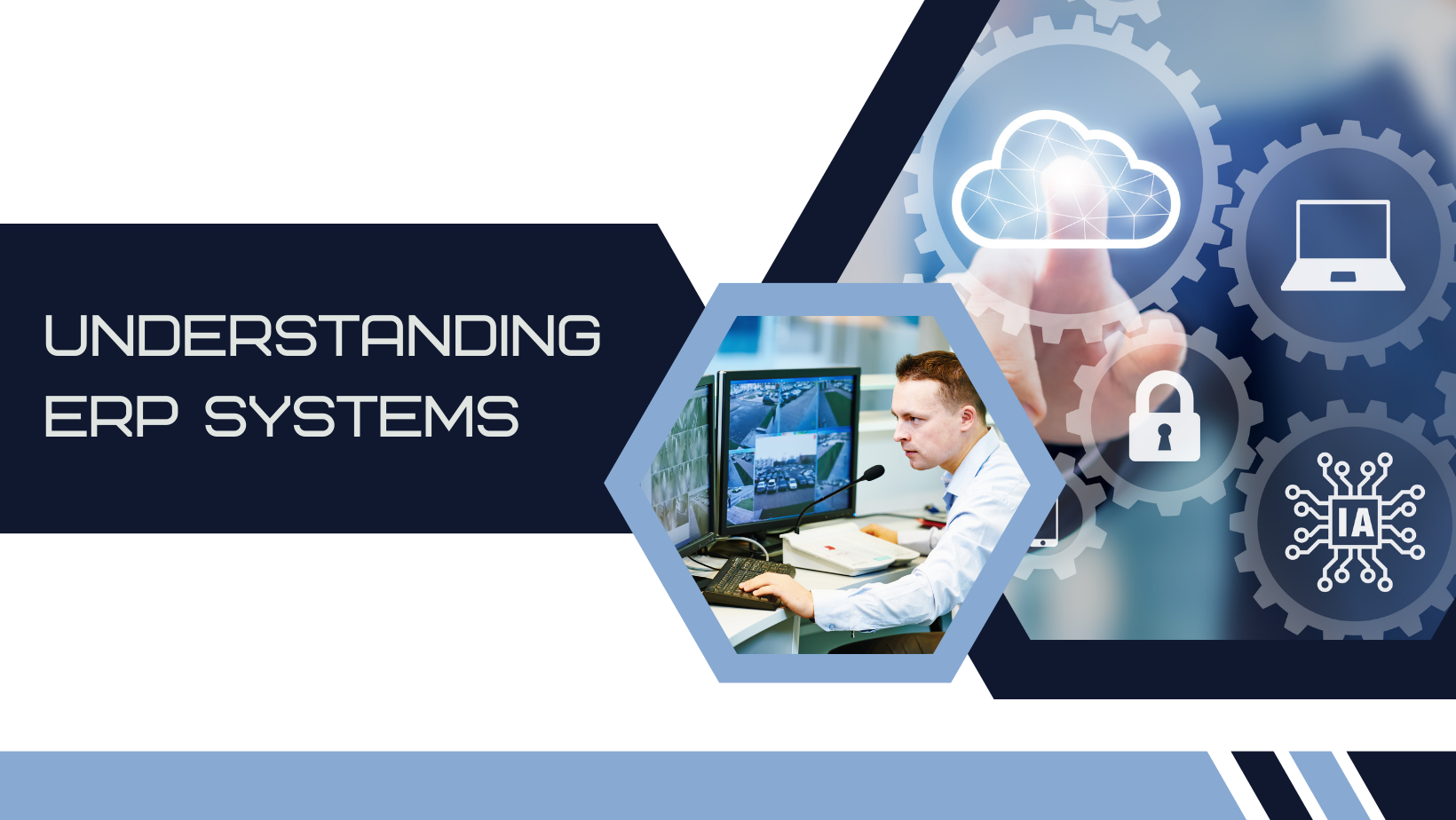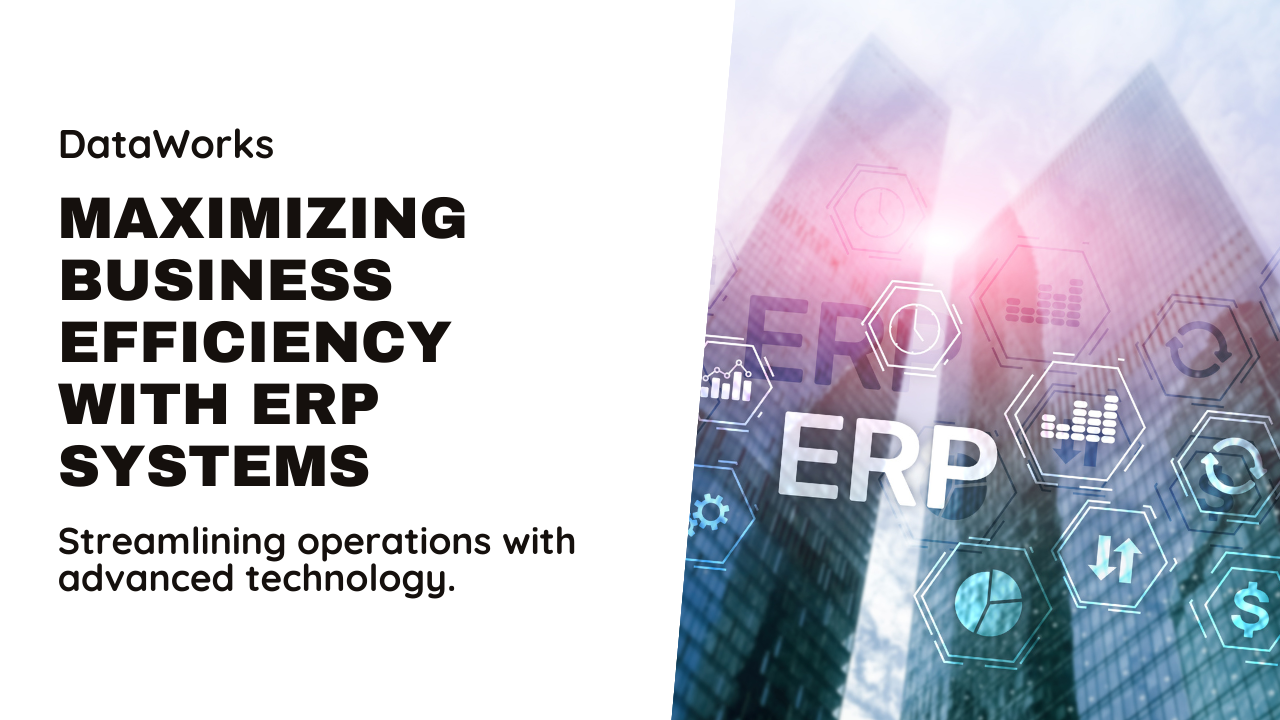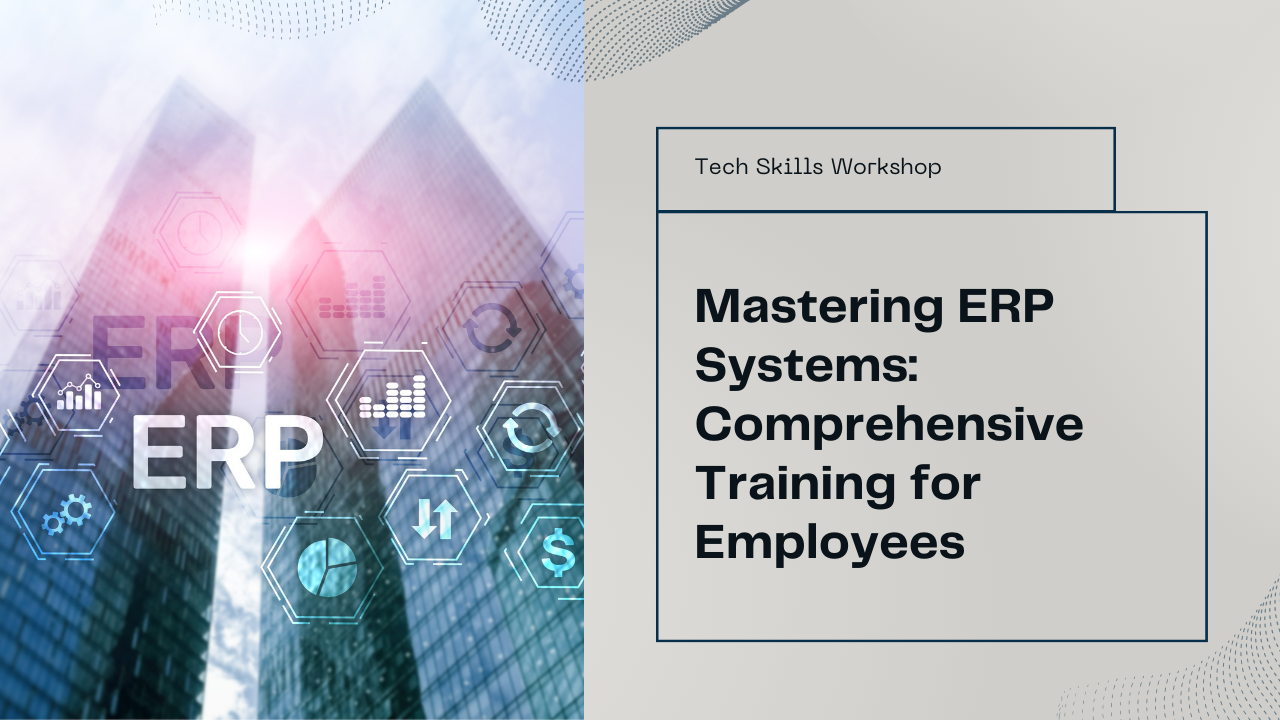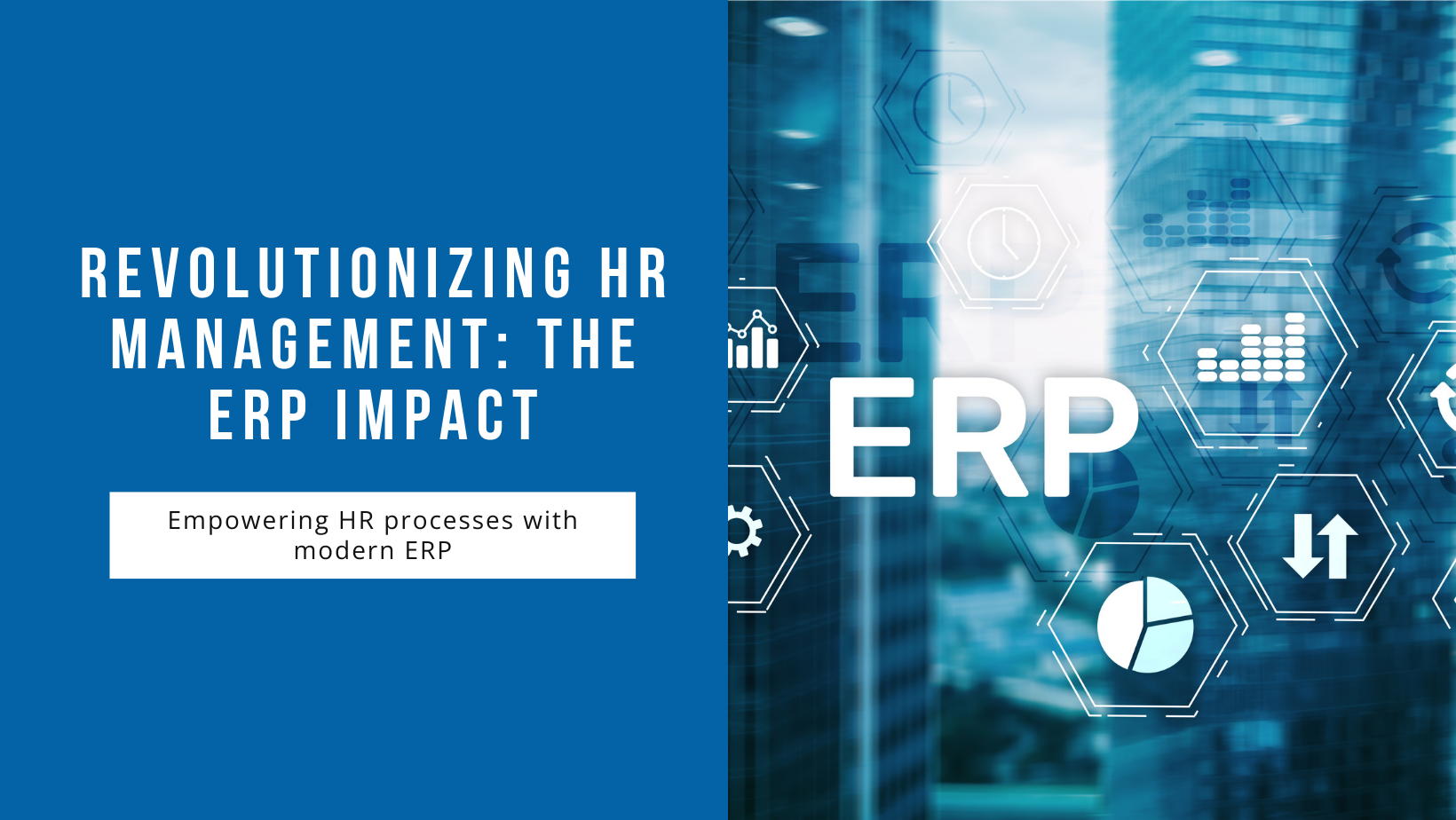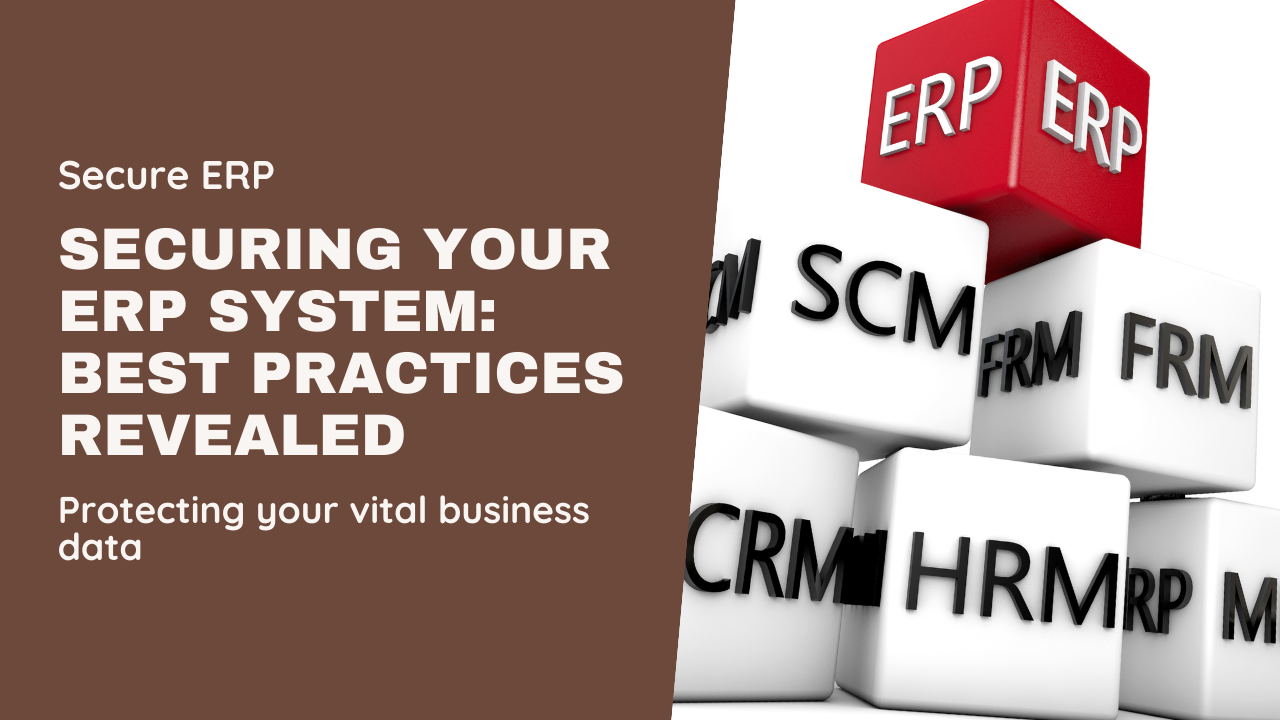Enterprise Resource Planning (ERP) systems are the backbone of many organizations, streamlining processes and integrating various functions into a single cohesive system. In recent years, Artificial Intelligence (AI) has emerged as a transformative force, revolutionizing how ERP systems operate. This blog explores the profound impact of AI on ERP systems, delving into its benefits, applications, and future potential.
Understanding ERP Systems
ERP systems are comprehensive software platforms that integrate various business processes, including finance, human resources, supply chain, manufacturing, and sales. By centralizing data and processes, ERP systems enhance efficiency, provide real-time insights, and facilitate better decision-making.
Traditional ERP systems, while powerful, often rely on manual data entry and lack the predictive capabilities needed for proactive decision-making. This is where AI steps in, augmenting ERP systems with advanced capabilities that drive innovation and efficiency.
The Convergence of AI and ERP
AI encompasses a range of technologies, including machine learning (ML), natural language processing (NLP), and robotics. When integrated with ERP systems, AI enhances their functionality in several ways:
1. Automated Data Entry and Processing
One of the most significant challenges in ERP systems is the manual entry and processing of data. AI-powered automation reduces human error and frees up valuable human resources for more strategic tasks. Machine learning algorithms can analyze historical data, predict future trends, and automate routine processes, such as invoice processing and payroll management.
2. Enhanced Decision-Making
AI-driven analytics provide organizations with deeper insights into their operations. Predictive analytics, powered by machine learning, can forecast demand, optimize inventory levels, and identify potential supply chain disruptions. This allows businesses to make informed decisions, reduce costs, and improve overall efficiency.
3. Natural Language Processing (NLP) and Chatbots
NLP enables ERP systems to understand and respond to human language. This has led to the development of AI-powered chatbots that can assist employees with routine queries, guide them through complex processes, and even provide personalized recommendations. Chatbots enhance user experience, reduce the burden on IT support, and ensure that employees have access to the information they need in real-time.
4. Predictive Maintenance
In manufacturing and asset-intensive industries, equipment downtime can be costly. AI-powered predictive maintenance analyzes data from sensors and historical maintenance records to predict when equipment is likely to fail. This proactive approach minimizes downtime, extends the lifespan of assets, and reduces maintenance costs.
5. Fraud Detection and Security
AI enhances the security of ERP systems by detecting anomalies and identifying potential fraud. Machine learning algorithms can analyze patterns in financial transactions, flag suspicious activities, and provide real-time alerts. This strengthens the organization’s security posture and protects sensitive data from cyber threats.
Key Benefits of AI-Integrated ERP Systems
The integration of AI into ERP systems offers several compelling benefits:
1. Increased Efficiency
AI automates repetitive tasks, reduces manual errors, and accelerates processes. This leads to increased efficiency and allows employees to focus on more strategic and value-added activities.
2. Improved Accuracy
Machine learning algorithms can analyze vast amounts of data with high accuracy. This improves the reliability of forecasts, enhances decision-making, and reduces the risk of errors in critical business processes.
3. Cost Savings
By optimizing processes, reducing downtime, and minimizing errors, AI-integrated ERP systems lead to significant cost savings. Predictive maintenance alone can save organizations millions of dollars by preventing unexpected equipment failures.
4. Enhanced Customer Experience
AI-driven analytics provide insights into customer behavior and preferences. This enables organizations to tailor their offerings, improve customer service, and enhance overall customer satisfaction.
5. Scalability
AI-powered ERP systems can scale with the organization’s growth. Machine learning models continuously improve with new data, ensuring that the system adapts to changing business needs and remains relevant over time.
Real-World Applications of AI in ERP Systems
Several industries are already leveraging AI to transform their ERP systems:
1. Manufacturing
In manufacturing, AI-powered ERP systems optimize production schedules, manage inventory levels, and ensure timely maintenance of equipment. Predictive analytics help manufacturers anticipate demand fluctuations and adjust production accordingly, reducing waste and improving efficiency.
2. Retail
Retailers use AI to analyze customer data, predict purchasing patterns, and optimize inventory management. AI-driven chatbots enhance customer service by providing personalized recommendations and answering queries in real-time.
3. Healthcare
In the healthcare sector, AI-integrated ERP systems streamline administrative processes, manage patient records, and optimize supply chain logistics. Predictive analytics assist in resource allocation, ensuring that healthcare facilities are adequately staffed and equipped.
4. Finance
Financial institutions leverage AI to detect fraud, assess credit risk, and automate financial reporting. NLP-powered chatbots assist customers with account inquiries, improving the overall customer experience.
5. Supply Chain Management
AI enhances supply chain visibility, enabling organizations to monitor and optimize every stage of the supply chain. Predictive analytics identify potential disruptions, allowing businesses to mitigate risks and ensure timely delivery of products.
The Future of AI in ERP Systems
The future of AI in ERP systems is promising, with several trends shaping its evolution:
1. Advanced Predictive Analytics
As AI algorithms become more sophisticated, predictive analytics will become even more accurate and actionable. Organizations will be able to anticipate market trends, customer preferences, and operational challenges with greater precision.
2. AI-Driven Personalization
AI will enable hyper-personalization in ERP systems, tailoring user interfaces and experiences to individual preferences. This will enhance user satisfaction and improve overall system adoption.
3. Integration with IoT
The integration of AI with the Internet of Things (IoT) will revolutionize ERP systems. IoT sensors will provide real-time data from connected devices, while AI will analyze this data to optimize operations, predict maintenance needs, and enhance decision-making.
4. Blockchain for Enhanced Security
Blockchain technology will complement AI in securing ERP systems. By providing a decentralized and immutable ledger, blockchain will enhance data integrity, reduce fraud, and ensure transparency in transactions.
5. AI-Powered Augmented Reality (AR)
Augmented Reality, powered by AI, will find applications in ERP systems, particularly in training and maintenance. AR will provide real-time guidance to employees, overlaying digital information on the physical environment to enhance productivity and reduce errors.
Conclusion
The integration of AI into ERP systems represents a significant leap forward in how organizations manage their operations. By automating routine tasks, enhancing decision-making, and providing deeper insights, AI-powered ERP systems drive efficiency, reduce costs, and improve overall performance.
As AI continues to evolve, its impact on ERP systems will only grow, unlocking new possibilities and transforming the way businesses operate. Organizations that embrace AI in their ERP systems will be better positioned to navigate the complexities of the modern business landscape, achieve sustainable growth, and stay ahead of the competition.
In conclusion, AI is not just a technological advancement; it is a catalyst for innovation, efficiency, and competitive advantage in the realm of ERP systems. The future of ERP is undeniably intertwined with the transformative power of AI, promising a new era of intelligent, agile, and resilient business operations.
